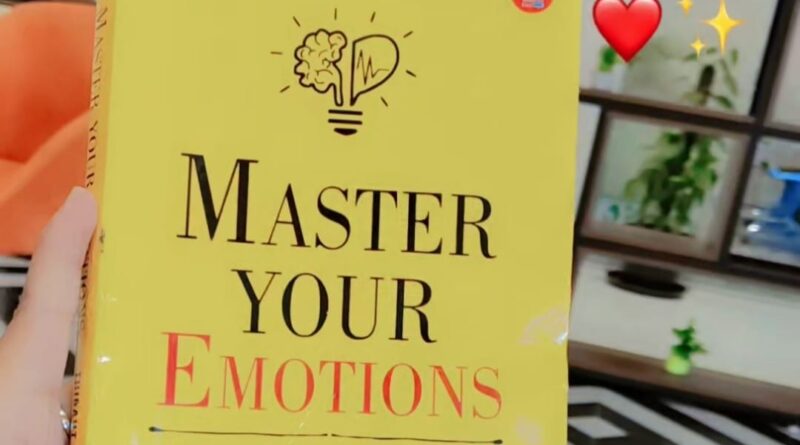Suicide Cases These Days: A Conversation for Students
Suicide Cases These Days: A Conversation for Students
Now and then, I scroll through my feed and feel a lump in my throat. Another student. Another life gone. Behind those headlines are faces like ours, dreams like ours. Suicide isn’t just a statistic; it’s a scary question we’re all avoiding: Why are so many of us struggling silently these days?
Honestly, I don’t think it’s one neat reason. It’s not like a single exam or heartbreak suddenly flips a switch. It’s usually a cocktail of stress, loneliness, and feeling trapped in a loop of negativity where your brain can’t see a way. And your brain just hits Ctrl+Alt+Delete on hope. And that’s what I want to talk about here, not as an expert, but as one student to another.
And before anyone thinks we’re exaggerating, let’s look at what the data actually says.
Are Suicides Really Increasing?
Short answer: yes. NCRB data says India loses more than 1.6 lakh lives to suicide every year, and a large chunk of that is students. Coaching hubs like Kota or even PGs in Delhi are proof that pressure is real.
But numbers don’t explain everything, do they? People keep asking, Why does a single exam, a single rejection, a single heartbreak push so many of us to the edge? Maybe because it’s never just one thing. It’s all of it stacked on top of each other, until your mind feels like it’s drowning.
The Silent Weights We’re Carrying
So, what’s really pushing students toward the edge of life?
Academic Pressure: When marks feel like life-or-death and your mental health is just… background music.
Career Uncertainty: You’re staring at the future like it’s a foggy horror movie, no spoilers, no clue.
Loneliness: Hostels and PGs sometimes feel like empty walls with WiFi instead of communities.
Relationships & Social Media: Because heartbreaks hurt more when your feed keeps reminding you everyone else is living their best life.
Enough reasons to feel messed up? Sure. Enough to quit life? Never. And if you’ve ever felt stuck in that negative loop, welcome to the club nobody wants to join, but it’s real.
And because it’s real, it’s on us to notice it. But wait, how do we even spot it when someone isn’t okay?
How Do We Know When Someone Is Not Okay?
Think about your circle. Has a friend suddenly withdrawn from group chats, stopped hanging out, or lost interest in things they once loved? Started making casual jokes about death or failure? These aren’t attention-seeking behaviours. Sometimes, they even look perfectly fine on the outside.
These are silent alarms. The real question: are we listening closely enough?
Why Do Students Stay Silent Even When It Hurts?
Because they fear judgment. Because they don’t want to bother anyone. Because in our society, talking about suicidal thoughts is treated like weakness or failure. And maybe, more than anything, they don’t want to feel like a burden anymore.
But here’s what I’ve learned, silence doesn’t protect us, it isolates us. And isolation feeds the very pain we’re trying to hide.
So where do we go from here?
What Can We Do As Friends, Colleagues, and a Community?
Can you be the one who listens without judgment, the one who actually hears someone when they say they’re struggling?
Shouldn’t colleges and coaching centres treat counselling like a normal part of student life, as common as mock tests or assignments? Can we finally stop glorifying toxic competition and remind students they are more than their marks? And at a bigger level, isn’t it time to take real action on campuses, strengthening the National Suicide Prevention Strategy instead of just posting helpline numbers?
All of this matters, but it’s only half the picture. We can’t just wait for systems or friends to fix things. We also need ways to hold ourselves together, even when life feels like too much.
How Do We Cope with Ourselves?
We need routines that hold us, not break us. Start journaling. Not the neat, aesthetic kind, but the messy one where you vent, appreciate yourself, reflect daily, and practice gratitude. Pick up a hobby that isn’t tied to performance. Take a walk without your phone. Remind yourself: life is full of possibilities.
Because suicide doesn’t end pain, it ends possibilities. And possibilities are endless when we choose to stay, to speak, to reach out.
Are We Ready to Truly Care?
People always say, “one message, one call, one ‘are you okay?’ can save a life.” Honestly, I don’t think it’s that simple. It’s not about magic words. It’s about how we live with each other every day. Appreciating the people around us. Showing them they matter. Making them feel seen.
It’s about creating spaces where vulnerability isn’t a crime and asking, How are you, really? It isn’t an awkward formality.
We can’t fix everything. We can’t pull someone back from the edge with a single text. But we can build a community that slowly, consistently tells people they are valued, not just when they’re breaking, but while they’re living.
That’s the heart of it. Not slogans. Not performative empathy. Real, small, everyday actions. That’s how we hold each other up.
Final Note
Let’s build a student community that chooses care over silence, support over shame, and hope over despair. Because at the end of the day, none of us should have to fight these battles alone.

